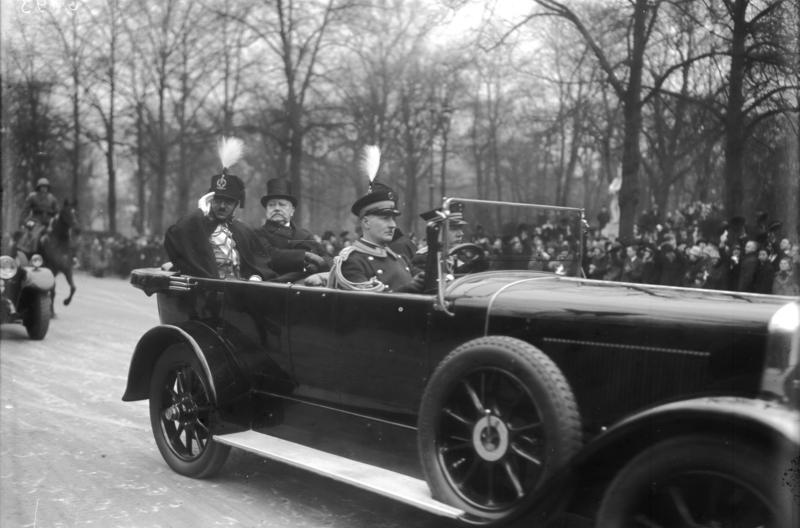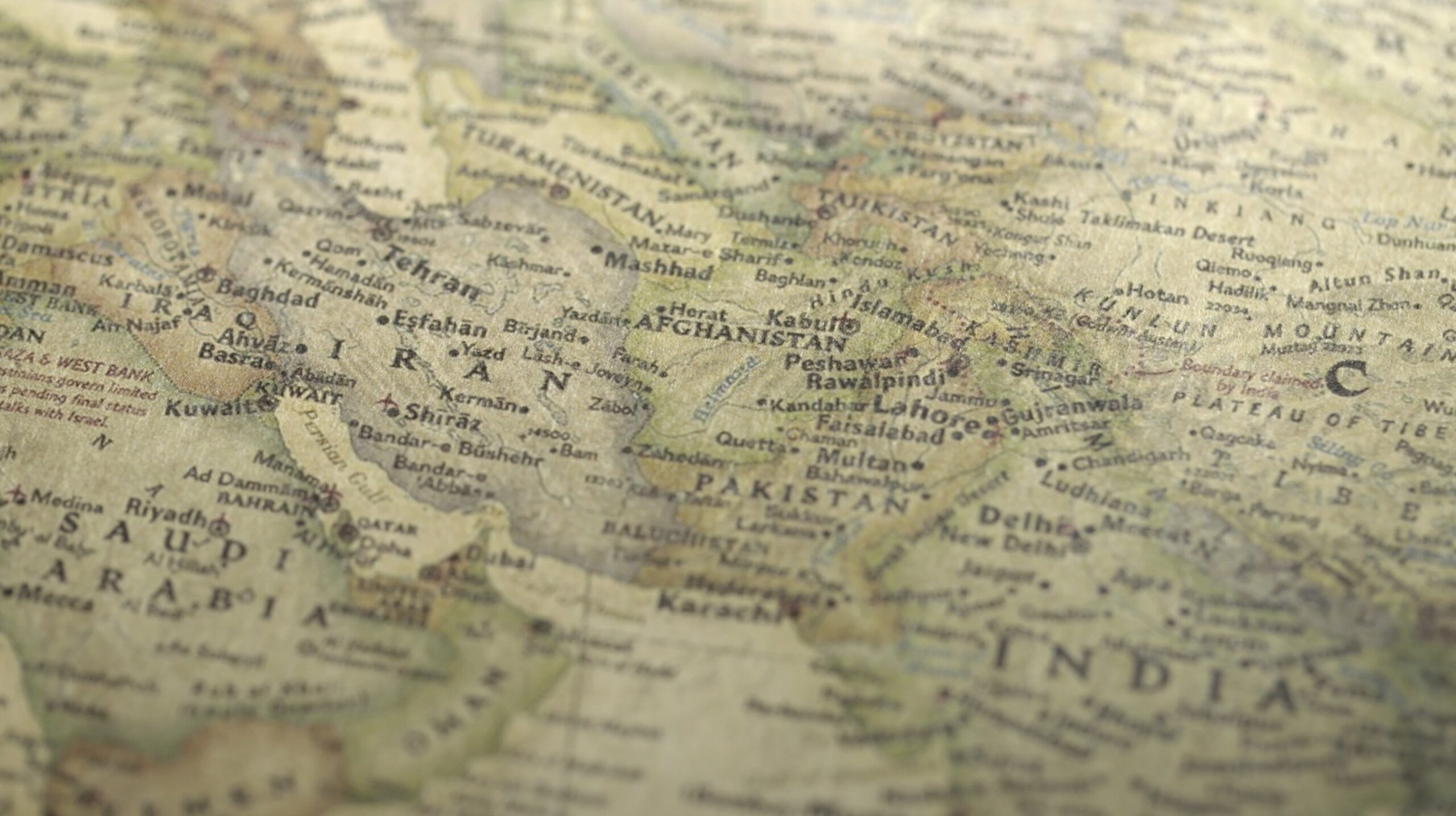The Second Tournament of Shadows
British, German, and Soviet perceptions of great power politics in Turkestan, 1919–1933
Seminar
David X. Noack
PhD candidate of Mannheim University
Noack is a lecturer at Bremen University. His research focuses on Eastern Europe, Central Asia and the British Empire in the 20th century
During the course of the Second Tournament of Shadows, the Germans tried to find new markets after the end of their colonial empire, the British aimed to secure buffer zones along the frontiers of British India and the Soviets engaged in an active policy that could have led them to British India, where the Bolsheviks wanted to incite a revolution. Along similar lines as the Great Game of the 19th century (in Russia more appropriately called the Tournament of Shadows), the three great powers faced each other and were additionally confronted with revolutionary movements, autonomous governments (e.g. in the Chinese province of Xinjiang) and new-born states like Afghanistan and Bukhara (the latter being independent from 1917 to 1924). The analysis of the Second Tournament of Shadows shows what kind of (mis-)perceptions of great power decision-makers shaped the politics of a declining world power opposite two rising great powers.


